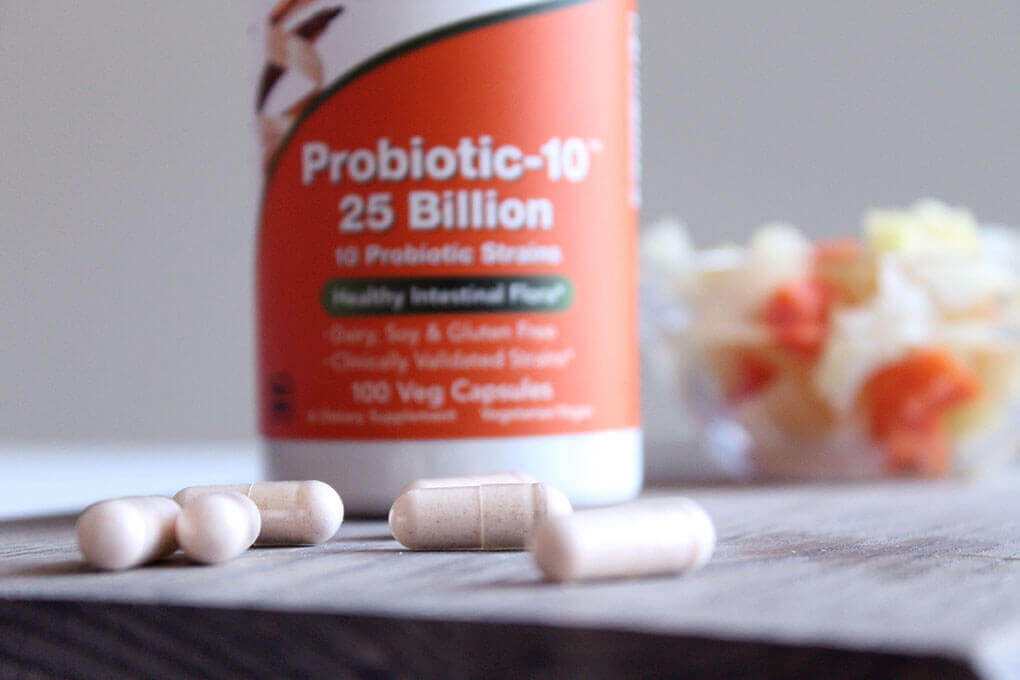The Connection Between Gut Health and Overall Wellness
If you are trying to improve your overall health, you might want to think about how to improve your gut health. Gut health and overall wellness is connected and there are several things you can do to improve it.
The Role of the Microbiome in Health and Disease
The microbiome is an important node of the human body, and the composition of the microbiome changes over time and throughout life. This change in the microbiome is believe to play a critical role in the pathogenesis of a wide range of diseases.
The composition of the microbiome is affect by a number of factors including genetic background, diet, and environmental conditions. There are also bacterial species that have additional immune-regulatory roles.

In addition to influencing a variety of disorders, the microbiome can affect neurological and neurodegenerative diseases. Currently, research is being behaviour to understand the effects of the microbiome on health and disease. A review of current evidence suggests that the causal relationship between the microbiome and diseases is unclear. However, some bacteria may share common traits that may contribute to the induction of certain diseases.
A growing number of associations between the gut microbiome and disease are being observe. Infections, neurological diseases, and psychiatric disorders are just a few of the conditions that have linked to the composition of the microbiome.
The microbiome and its associated genetic data can be use to segment patients. Identify potential treatments. Additionally, high-throughput sequencing can provide insight into the virulence of isolates at the strain level. The microbiome is expect that this technology. It will lead to a more comprehensive understanding of the role of the microbiome in the pathogenesis of serious infectious diseases.
How to Improve Your Gut Health
The human gut is home to trillions of microbes. They help us digest food, synthesize vitamins, and regulate our immune systems. If the gut microbiome is out of balance, we can suffer health consequences. Luckily, there are a few simple ways to improve your gut health and overall wellness.

- First, make sure you are getting enough sleep. Sleep deprivation can increase your risk of gastrointestinal problems.
- Next, start to make small diet changes. Eating more plants is a great way to boost your gut health. Aim to eat at least 30 different plant-based foods each week.
Fiber is also a great nutrient to include in your diet. It helps you feel full quicker and prevents you from overeating. Foods rich in fiber can include fruits, veggies, and whole grains.
Another great way to boost your gut health is to increase your daily intake of water. Water helps soften your stool and keep the colon healthy.
Lastly, avoid processed foods. These contain a variety of harmful ingredients, including artificial sweeteners, sodium, and trans fats.
Finally, try to eat seasonally. Seasonal fruits and vegetables are more nutritious and taste better. You should also avoid sugary beverages. Sugar increases inflammation in the body.
One of the best ways to improve your gut health is to start taking prebiotics. Prebiotics help you get more beneficial bacteria in your gut health and overall wellness.
Use of Probiotics and Prebiotics for Gut Health
Probiotics and prebiotics can be a great way to promote gut health and overall wellness. They have many benefits, which can include relief from digestive issues, boosting immunity, and reducing stress.
Many probiotics are derived from yeasts, bacteria, and other natural sources. They are added to foods or taken as supplements. Some foods that are potential probiotics are bananas, garlic, and asparagus.
Prebiotics are non-digestible carbohydrates that can be sourced from vegetables, fruits, and grains. When ingested, they nourish beneficial bacteria. By providing them with food, they increase the production of short-chain fatty acids (SCFAs), which reduce inflammation and promote overall health.

These beneficial bacteria also help to maintain the health of the intestinal lining. Having a healthy microbiome can lower your risk of gastrointestinal disorders, such as Crohn’s disease, ulcerative colitis, and non-specific ileitis. Getting your daily intake of probiotics can help reduce symptoms of these diseases and even prevent them.
Studies show that probiotics can help in the prevention of colorectal cancer. They may also be helpful in the treatment of ulcerative bowel disease and peptic ulcers. Taking prebiotics may also help reduce the severity of colds and flu.
There is a growing body of research showing how probiotics and prebiotics can benefit our bodies. In particular, a new field of research is examining how gut bacteria may influence the brain.
You can find more details about gout disease by clicking here. Do you want to read more Helpers content?





